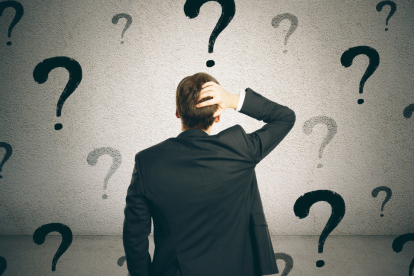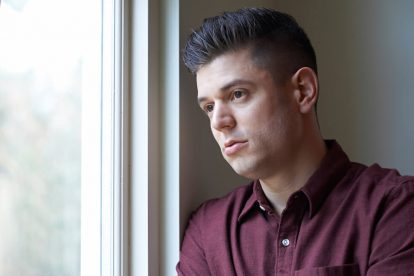
Bipolar Disorder with Psychotic Features
Some people who have been diagnosed with bipolar disorder will experience episodes of psychosis during mania or depression. These episodes cause hallucinations, delusions, disordered thinking, and a lack of awareness of reality. While in extreme situations hospitalization may be necessary, most bipolar patients with psychotic features can manage these episodes with ongoing, professional treatment.
Bipolar disorder can trigger psychotic symptoms, which may include hallucinations or delusions during mania, depression, or both.
Psychosis can be distressing, but it can also be managed, treated, and even prevented with the right medications and therapy with experienced mental health professionals.
What Is Bipolar Disorder?
Bipolar and related disorders are mood disorders characterized by episodes of mania and depression. Manic episodes cause a feeling of euphoria, unusually high energy and activity levels, and irritability. Depressive episodes cause sadness, hopelessness, fatigue, loss of interest in activities, and other symptoms of depression.
Depending on the type of the condition, a person with bipolar disorder may cycle through both of these moods or may experience depression with a less extreme type of mania called hypomania. A low-grade but long-term type of bipolar disorder is called cyclothymia. Bipolar I, the disorder that triggers both depression and mania, may also cause symptoms of psychosis.
Psychosis Is a Specifier for Bipolar Disorder
When a medical or mental health professional is diagnosing bipolar disorder they may use specifiers. These are added details that describe an individual’s experience and symptoms. Specifiers include atypical features, like significant weight gain or sleeping too much, and psychotic features. If someone is diagnosed with bipolar disorder with psychotic features it means they meet the diagnostic criteria for bipolar but also have symptoms of psychosis.
What Is Psychosis?
Psychosis is a state of mind and a set of symptoms characterized by losing contact with reality. It is not a condition in and of itself but rather a group of symptoms that can be triggered by certain mental illnesses, like bipolar disorder, and by medical conditions, brain injuries, substance misuse, and some medications. Someone with bipolar disorder may experience psychotic symptoms during a manic or a depressive episode. The specific symptoms and their character or content vary by individual.
Call For a Confidential Phone Assessment.
619-466-0547Symptoms of Bipolar Psychosis
Exactly what one person will experience when having psychotic symptoms during an episode of mania or depression varies. However, in general psychotic symptoms can be grouped into a few categories:
- Hallucinations. A hallucination is something that is sensed—heard, seen, felt, tasted, or smelled—that seems real but that is not real. Hallucinations may include seeing things that aren’t there or hearing non-existent voices.
- Delusions. A delusion is a false belief that persists in spite of evidence. Delusions can be paranoid, grandiose, persecutory, jealous, or a mixture of types.
- Confused thinking. Psychosis can cause disordered, racing, and irrational thoughts. To an observer this person may talk very fast, jump from one topic to another, and not make a lot of sense.
- Poor self-awareness. In the middle of a psychotic episode a person will not be aware that his or her beliefs or hallucinations are false. This can trigger fear and significant distress.
Psychosis in bipolar disorder tends to match a person’s current mood. So, for instance, during mania a person may have grandiose delusions, believing they are more talented and capable of doing something, or even famous and rich. During a depressive mood those delusions will take a downturn, and may include things like the paranoid belief that someone is out to get them.
How Is Bipolar Psychosis Treated?
Psychosis can be a very distressing state of mind, both for the person experiencing it and for those around them. It can be treated successfully, though. In some cases, when symptoms are extreme or the individual could cause harm, hospitalization for a short period may be necessary. The purpose is to stabilize the patient until they are s ready for ongoing treatment.
Treatment for bipolar disorder in general, and for psychotic symptoms in particular, includes medications and therapy. Antipsychotic medications can help resolve symptoms, while mood stabilizers help to reduce the severity of mood swings.
Therapy for bipolar disorder and psychotic symptoms focuses on helping the patient become more aware of his or her changing moods and what triggers them. A patient can learn through therapy to recognize early signs of a psychotic episode and take steps to prevent it or at least reduce the severity of symptoms.
Psychotic symptoms may be mild but can also be severe and lead to impairment, distress, and complications. Anyone with bipolar disorder who has experienced any degree of psychosis can benefit from the right treatment plan to manage these symptoms.






